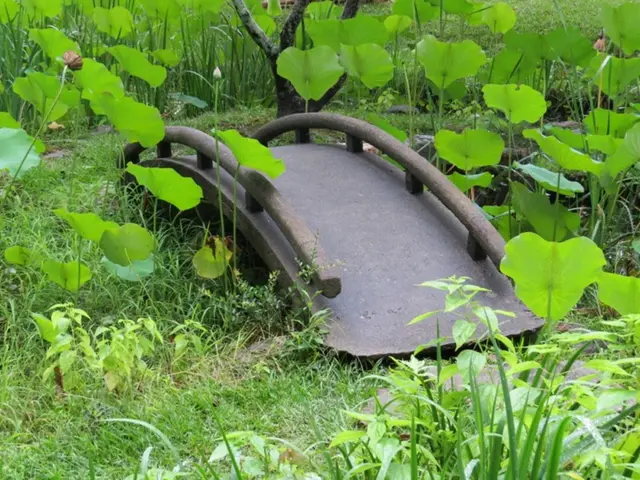Polish-German Border Tensions: Seeking a Civilized Solution
Poland seeks strategic methods for border management.
In a turn of events, Germany has enacted stricter border controls at their borders, prompting worries in Poland, particularly from Foreign Minister Sikorski who deems it a significant nuisance for the residents. Such a move from the new German Interior Minister has been met with skepticism, with concerns about potential disruptions to border traffic in Poland.
To address these concerns and find common ground, Poland is advocating for "technical solutions" to mitigate any inconveniences to the public. After discussions with EU foreign ministers in Warsaw, Sikorski argued that the seamless border between the two countries has become a common expectation for the people on both sides. He pointed out that there's a lack of infrastructure for border controls, and checks on major traffic routes cause major inconveniences for locals.
Germany, under the leadership of Interior Minister Alexander Dobrindt, aims to battle increasing refugee numbers through tighter border controls. This includes staffing federal police along German borders and rejecting asylum seekers. A 2015 directive will be reversed, citing Article 18 of the Asylum Act that allows for the rejection of foreigners entering from a safe third country.
Neighboring countries like Poland, the Czech Republic, Austria, and even Switzerland, have expressed displeasure with the German plans, while Germany's new Foreign Minister Wadephul has assured cooperation and understanding, pledging to proceed with a thoughtful approach and coordinating with European partners.
The European Commission has called for close coordination, emphasizing that border controls can only be implemented under specific conditions, temporarily, and with specific provisions. Poland's top diplomat in Berlin, Jan Tombiński, has publicly criticized Germany's plans, stressing the importance of cooperation and avoiding measures that disrupt traffic. Polish Prime Minister Donald Tusk has expressed a desire for joint solutions to ensure the Schengen area remains strong and to collaboratively address migration challenges.
While Poland has invested heavily in border security infrastructure along its eastern flank, specifically with Belarus and Russia, it remains unclear what specific technical solutions Poland has proposed to help ease the impact of Germany's stricter border controls. The focus seems to be more on diplomatic engagements and infrastructure investments rather than concrete technical measures tailored to address the situation at the German-Polish border.
Sources: ntv.de, ino/AFP/dpa/rts
- Alexander Dobrindt
- Poland
- Border Controls
- German Foreign Policy
- Asylum Law
- Poland, seeking to find a civilized solution to the tensions arising from stricter German border controls, has advocated for "technical solutions" to mitigate any inconveniences to the public, particularly in light of possible disruptions to border traffic.
- The Community policy, which includes cooperation among EU members and the smooth functioning of the Schengen area, is of great importance to Poland, as emphasized by Foreign Minister Sikorski in discussions with EU foreign ministers in Warsaw.
- In a bid to battle increasing refugee numbers, Germany has reversed a 2015 directive with the support of Interior Minister Alexander Dobrindt and is implementing stricter border controls, including staffing federal police and rejecting asylum seekers, bound by the provisions of Article 18 of the Asylum Act.
- Expressing concerns about the potential disruptions caused by stricter German border controls, Poland has warned Germany about the need for cooperation and avoiding measures that disrupt traffic, as highlighted by top diplomat Jan Tombiński in public criticisms and by Prime Minister Donald Tusk's calls for joint solutions.








